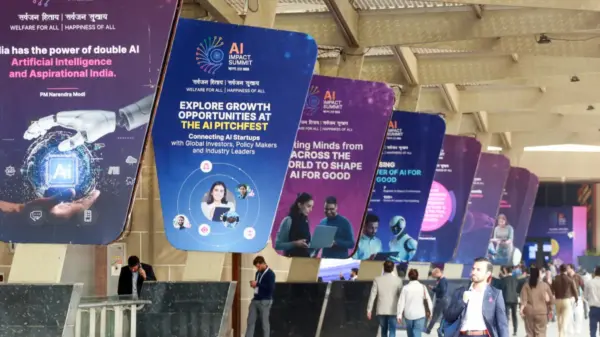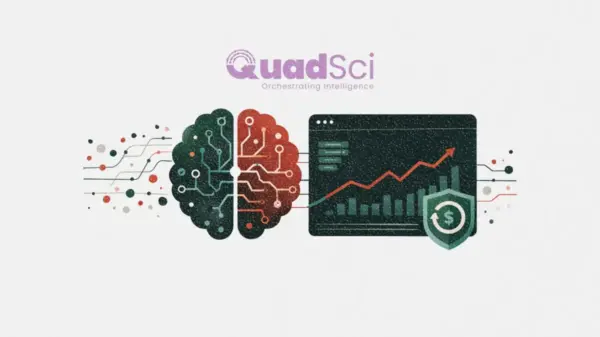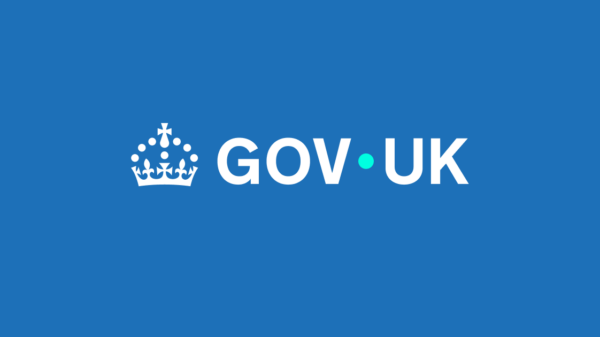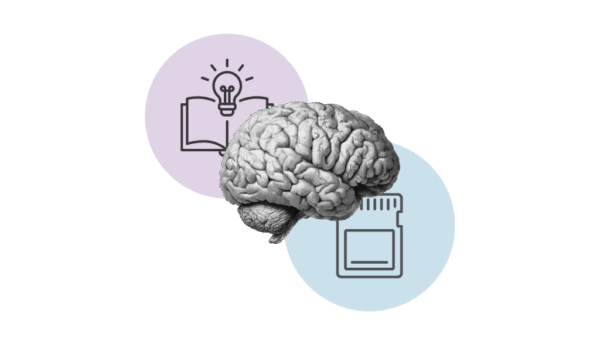The European Union is poised to reform its AI and privacy regulations with proposed changes set to be announced this Wednesday. These reforms aim to simplify some of the bloc’s most stringent digital laws, allowing tech companies to use personal data for training AI models under the concept of “legitimate interest,” thereby bypassing the need for explicit consent. Additionally, the EU plans to delay the compliance deadlines for high-risk AI systems by a year.
Implications of the Reforms
The proposed changes are part of a broader initiative known as the “Digital Omnibus,” spearheaded by EU antitrust chief Henna Virkkunen. The goal is to reduce regulatory overlap among several existing frameworks, including the General Data Protection Regulation (GDPR), the AI Act, the e-Privacy Directive, and the Data Act. Over the last decade, these regulations have been viewed as ambitious yet restrictive, with demands for reform coming from both European and U.S. companies that argue these complex rules stifle innovation.
Should these reforms be implemented, they could significantly reshape the European digital landscape. Compliance could become less burdensome for companies, although critics—including privacy advocates—express concern that these changes might weaken digital rights within Europe. Large tech firms such as Google, Meta, Siemens, and SAP have been vocal in their support for less stringent regulations, arguing that the current frameworks hinder their ability to compete effectively. On the flip side, dissenters caution that this regulatory easing could lead to diminished privacy protections for EU citizens, increasing their exposure to data risks.
The proposed changes have also attracted attention due to pressure from the Trump administration, which has frequently criticized EU regulations as being unfairly targeted towards U.S. companies.
Approval of these reforms will require the consensus of key stakeholders: the European Commission, EU member states, and the European Parliament. The ramifications of this proposal resonate not only with tech companies and lobby groups but also with privacy activists, civil society organizations, and European citizens who are closely monitoring potential compromises on digital rights. Lawmakers such as Brando Benifei have highlighted the importance of safeguarding citizen rights, while advocacy groups like Noyb have referred to the proposals as the “largest rollback of digital fundamental rights in EU history.”
Future Outlook
If the reforms gain approval, they will streamline registration and compliance for AI systems, particularly those deemed high-risk, and offer companies more transparent guidelines. Currently, activists are mobilizing in Brussels, urging Commission President Ursula von der Leyen to withstand influences from Big Tech and foreign entities. The proposals will undergo a thorough examination by EU member states and privacy-focused Members of the European Parliament (MEPs), with the final outcomes poised to significantly impact Europe’s digital regulatory framework for years to come.
As this situation unfolds, the balance between fostering innovation and protecting citizens’ privacy will be at the forefront of discussions, creating a dynamic landscape that will warrant close observation from all stakeholders involved.
With information sourced from Reuters.
See also FAU Reveals Liquid Cooling Tech Boosting AI Data Center Efficiency by 17%
FAU Reveals Liquid Cooling Tech Boosting AI Data Center Efficiency by 17% Roadrunner Launches AI Software to Cut Missed Pickups Below 0.5% for LTL Shipping
Roadrunner Launches AI Software to Cut Missed Pickups Below 0.5% for LTL Shipping Target Invests $1B in AI and Tech to Combat Sales Declines Amid 19.3% Earnings Slide
Target Invests $1B in AI and Tech to Combat Sales Declines Amid 19.3% Earnings Slide AI Study Reveals Virtual Staining Enhances Medical Imaging Accuracy, But Caution Advised
AI Study Reveals Virtual Staining Enhances Medical Imaging Accuracy, But Caution Advised Putin Announces National AI Task Force to Boost Russia’s Generative AI Capabilities
Putin Announces National AI Task Force to Boost Russia’s Generative AI Capabilities






































































